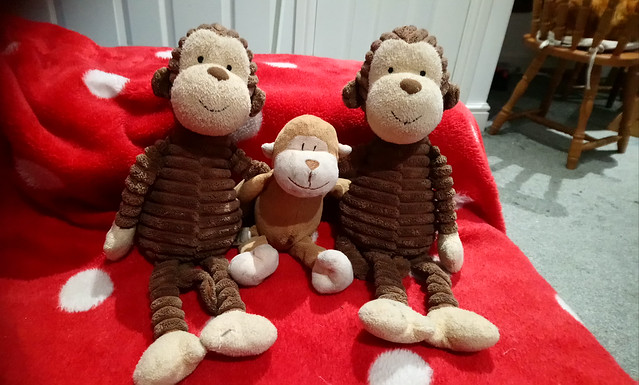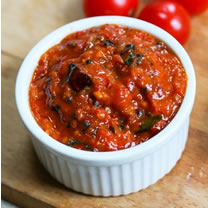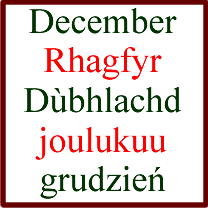Yesterday I learnt an interesting French word – huissier [ɥi.sje], which means baliff, usher, process server, catchpole or tipstaff.
It is an abbreviation of huissier de justice, an officer of the court who serves process and notices, seizes and auctions off property, and executes garnishments, levies, and evictions.
It comes from the Vulgar Latin *ustiārius, from ostiārius (porter, doorman), from ostium (door, entrance, estuary).
Related terms include:
- huissier d’armes = sergeant at arms
- exploit d’huissier = writ
- constat d’huissier = bailiff’s report
- huissier audiencier = court usher
- envoyer l’huissier = to send in the bailiffs
You may be wondering, what’s a catchpole or tipstaff? I certainly am. I know a family called Catchpole, but don’t know what the word means.
Catchpole is an obsolete word for “A taxman, one who gathers taxes; A sheriff’s officer, usually one who arrests debtors.” It comes from the Old French chacepol (one who chases fowls).
Tipstaff is “A ceremonial staff, with a metal tip, carried by a constable or bailiff etc as a sign of office; An officer, of a court etc. who carries such a staff.”
Sources: Reverso, Wiktionary




